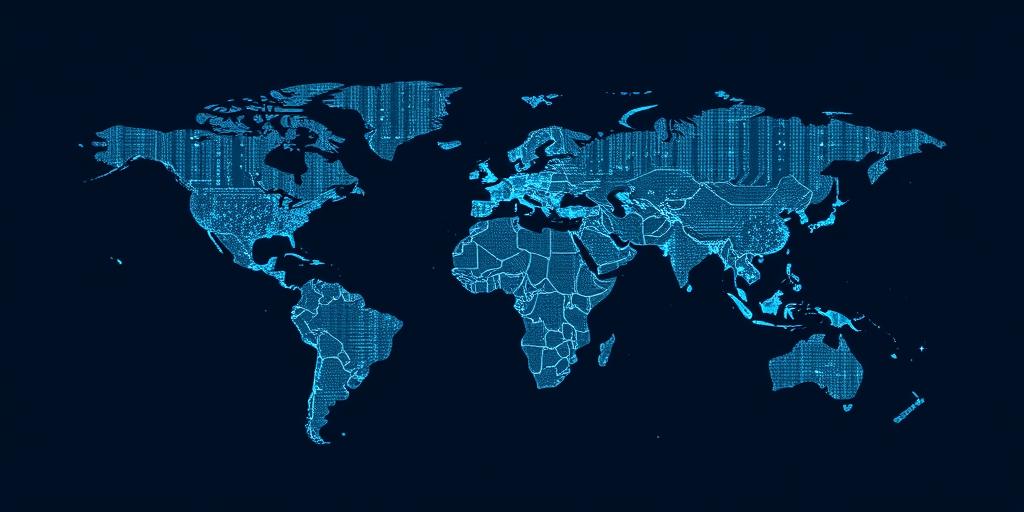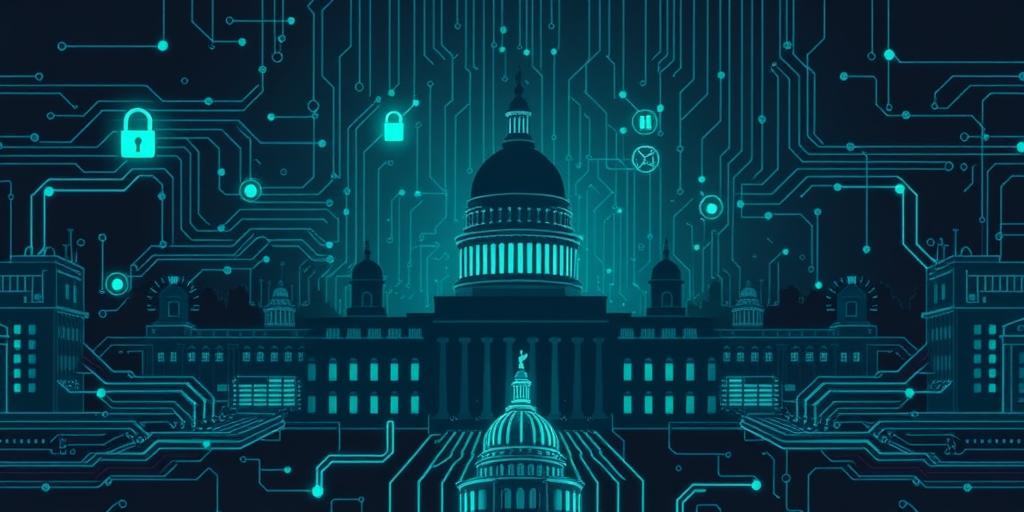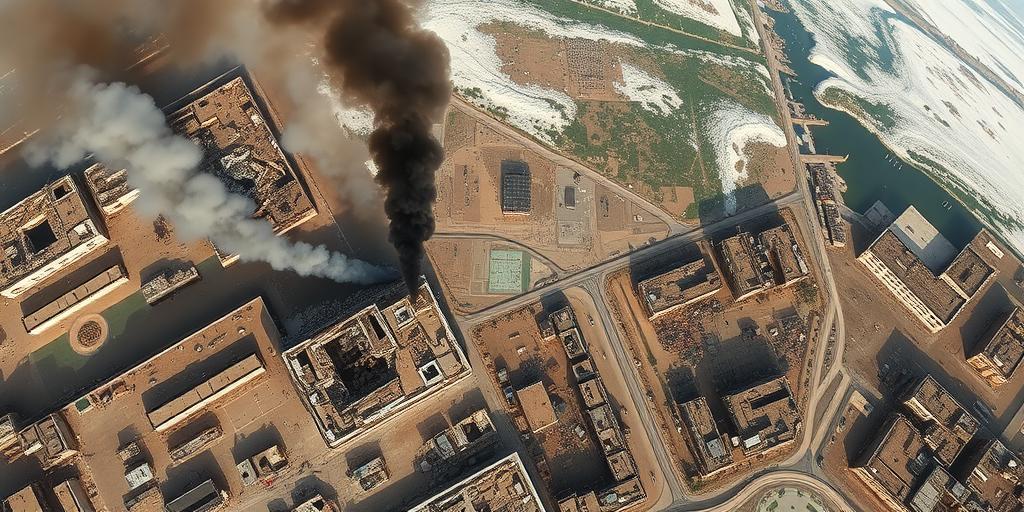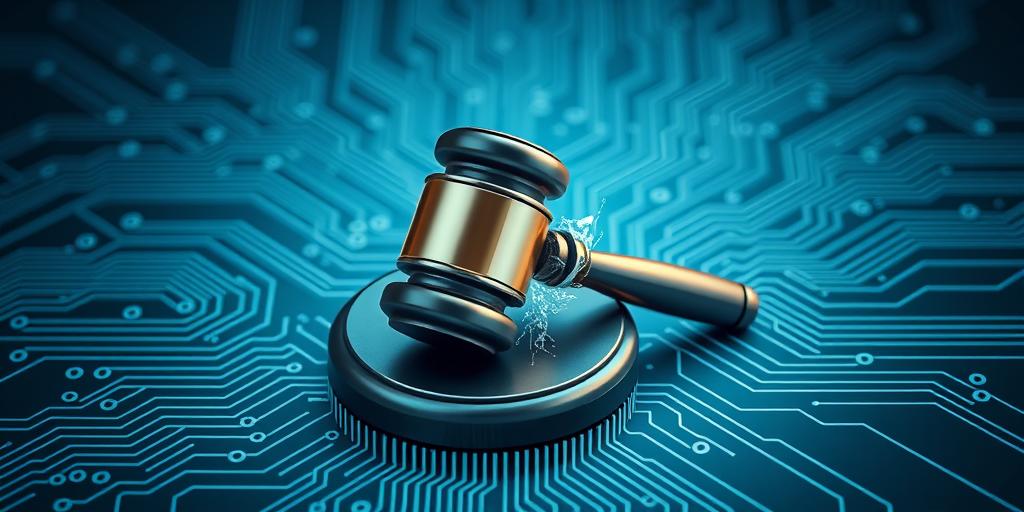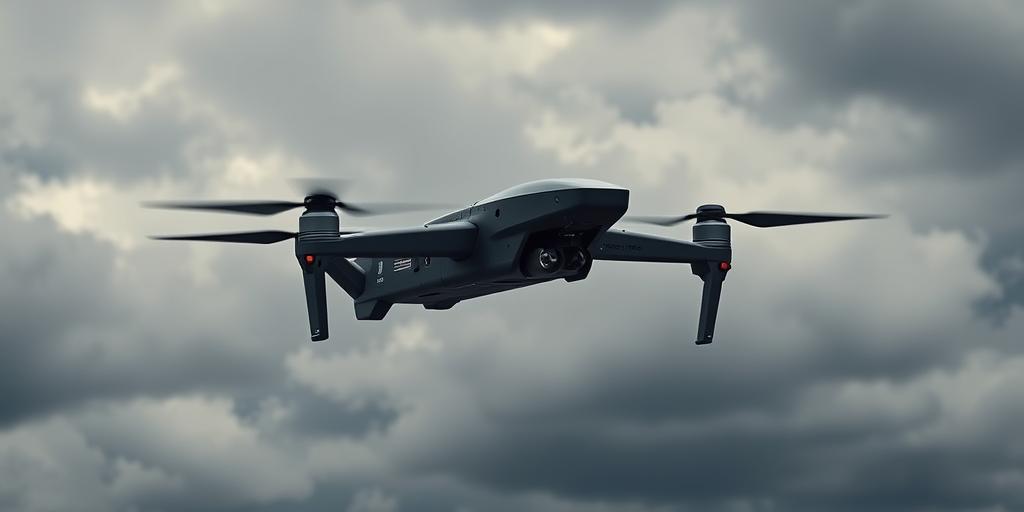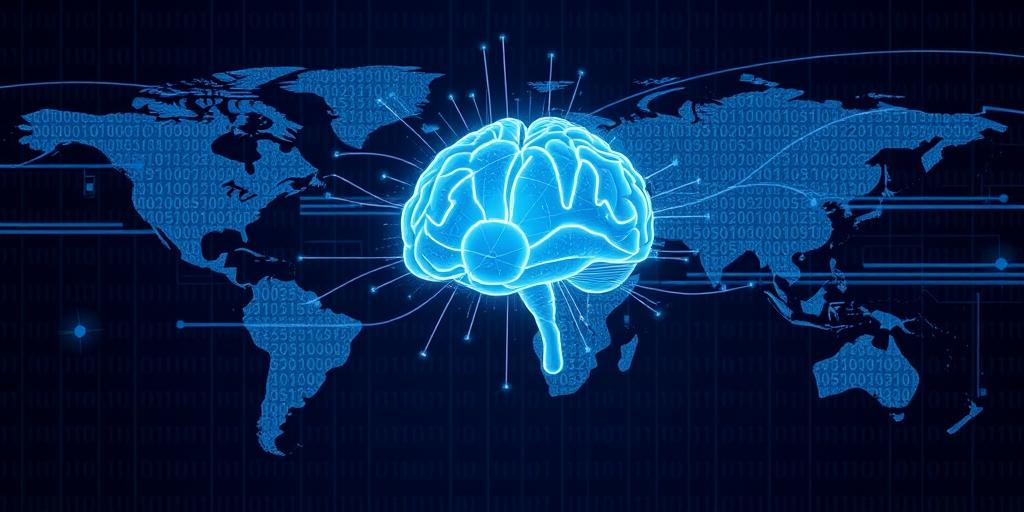
AI and the Future of Political Analysis
AI and the Future of Political Analysis
Artificial Intelligence (AI) is rapidly transforming various fields, and political analysis is no exception. AI's ability to process vast amounts of data, identify patterns, and make predictions offers unprecedented opportunities for understanding and navigating the complex world of politics. This post explores how AI is currently being used in political analysis and its potential future applications.
Current Applications of AI in Political Analysis
- Sentiment Analysis: AI algorithms can analyze text from social media, news articles, and public statements to gauge public opinion and sentiment toward political candidates, policies, and events. This provides valuable insights into the electorate's mood and potential voting behavior.
- Predictive Modeling: AI can build predictive models to forecast election outcomes, policy impacts, and political instability. By analyzing historical data, demographic trends, and current events, AI can identify patterns that help predict future political developments.
- Campaign Strategy: AI is used to optimize campaign strategies by identifying target demographics, tailoring messages, and predicting the effectiveness of different campaign tactics. This allows campaigns to allocate resources more efficiently and maximize their impact.
- Misinformation Detection: AI can help identify and combat the spread of misinformation and disinformation by analyzing the source, content, and dissemination patterns of online information. This is crucial for maintaining the integrity of political discourse and protecting against foreign interference.
- Policy Analysis: AI can assist in policy analysis by simulating the potential impacts of different policy options, identifying unintended consequences, and optimizing policy design. This allows policymakers to make more informed decisions based on data-driven insights.
Future Potential of AI in Political Analysis
- Enhanced Predictive Accuracy: As AI algorithms become more sophisticated and data sets grow, predictive models will become even more accurate, providing deeper insights into political trends and outcomes.
- Personalized Political Engagement: AI can enable personalized political engagement by tailoring information and messages to individual voters based on their interests, values, and beliefs. This can increase voter turnout and participation in the political process.
- Automated Political Reporting: AI could automate the creation of news articles, policy briefs, and other forms of political reporting, freeing up journalists and analysts to focus on more complex and nuanced analysis.
- Global Political Risk Assessment: AI can be used to assess political risks in different countries and regions by analyzing economic, social, and political data. This can help businesses and investors make more informed decisions about international operations.
- Ethical Considerations: As AI becomes more integrated into political analysis, it is essential to address ethical concerns such as bias, transparency, and accountability. Ensuring that AI systems are fair, transparent, and aligned with democratic values is crucial for maintaining public trust and preventing misuse.
Conclusion
AI is poised to revolutionize political analysis by providing new tools and insights for understanding and navigating the political landscape. From sentiment analysis and predictive modeling to campaign strategy and policy analysis, AI is already transforming the way politics is studied and practiced. As AI technology continues to evolve, its potential applications in political analysis are vast, offering opportunities to enhance democratic processes, improve policy outcomes, and promote a more informed and engaged citizenry. Embracing AI in political analysis requires careful consideration of ethical implications to ensure its responsible and beneficial use in shaping the future of politics.

